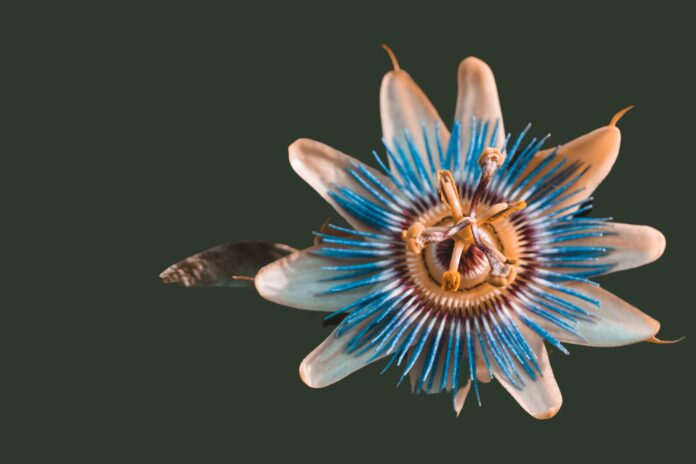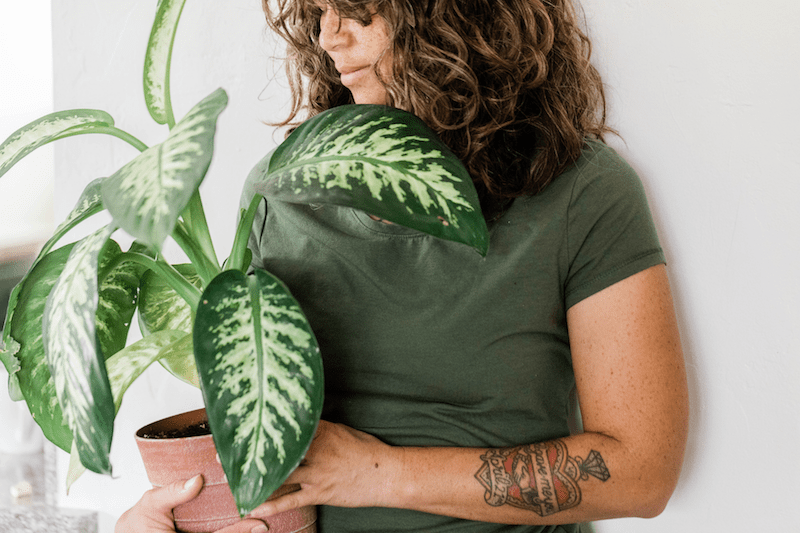
If ever there was ever a time when we needed to bring the outside in, it’s now. Months of government imposed domestic downtime await, and houseplants might just be the greatest tool in your arsenal to keep you grounded and connected with nature.
Houseplants aren’t only visually arresting and a reminder of the beauty beyond your four walls; there’s also some evidence of houseplants bringing a positive impact to your well-being, too. Dr Antonis Kousoulis, director for England and Wales at the Mental Health Foundation recently suggested (via the Metro) that ”studies show a positive link between nature and a reduced risk of mental health problems, improved mood and increased life satisfaction’.
‘Being in nature – however we may be able to experience it – brings lots of mental health benefits and it is possible to bring nature to your home with houseplants, which are known to boost feelings of wellbeing and reduce feelings of anger’’.
What’s more, some houseplants have air purifying properties perfect for smooting the edges and soothing the inhabitants of all those home offices which have recently cropped up around the country.
As if we needed an excuse…
However, if you have a love for houseplants and take pleasure in looking after them, pest infestation is something you can’t escape. And the more you care for your plants, the more you might notice their propensity to house unwelcome guests.
Identifying the pest from the onset and nipping the issue in the bud can be quite difficult. Usually, by the time things are visible, the rate of infestation may have spiked. Better to go into this thing well informed and well equipped, to avoid irreparable issues later down the line. With that in mind, here are 6 IDEAL ways to deal with indoor plant pests.
USE OF PESTICIDES
There are a wide range of pesticides available for use in the home, but they, of course, come with considerable caveats. Indeed, why invest in all those air purifying plants if you’re going to spray pesticides about the place? If you do go down this route, it’s best to specifically identify the pest at large and choose a targeted chemical to spray, ensuring it won’t do damage to the plant in the process, and the efficiency of a more focused pest removal is maximised.
That said, you might want to use natural insecticides…
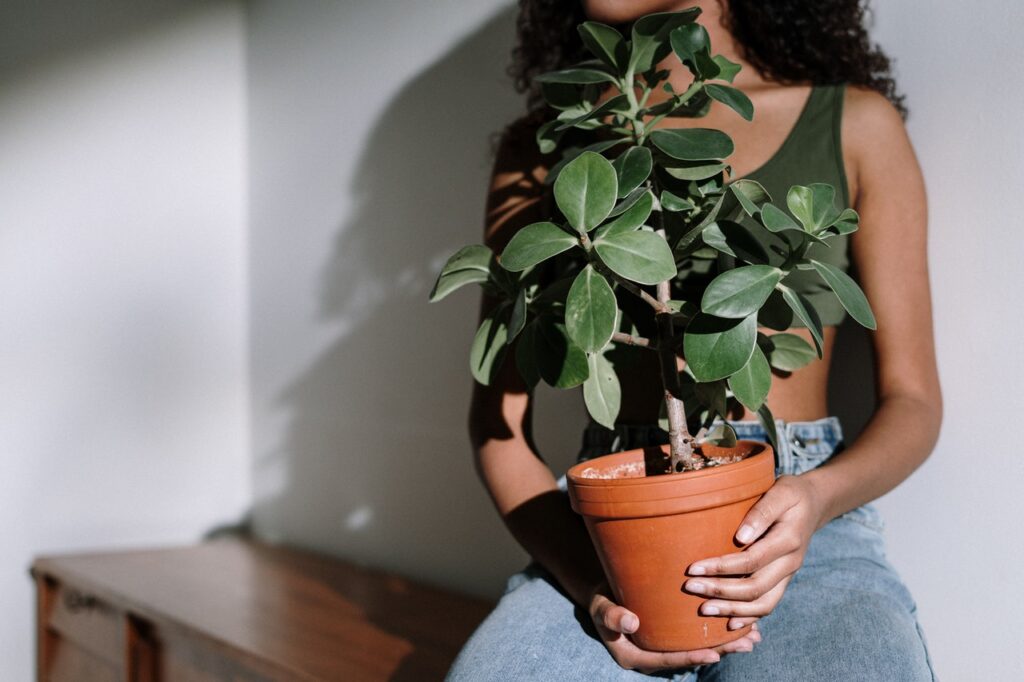
USE ORGANIC PEST MANAGEMENT
If you don’t want to use toxic chemicals, you can opt for natural techniques to keep pests at bay. Some of the most popular and effective ‘natural’ sprays you can make from items around the home include soapy water, ideal for dehydrating aphids and spider mites. You can also fashion a spray of pyrethrum, a natural insecticide made from dried chrysanthemum flowers which stops flying insects in their tracks.
Some experts also suggest sticking a couple of garlic cloves in the soil of houseplants; much like vampires, it also repels insects. Some even swear by using cinnamon to control pests; covering the top layer of soil with a dusting of cinnamon powder can keep fungus gnats at bay. Perhaps the most effective, natural-ish solution, is isopropyl alcohol…
USE ISOPROPYL ALCOHOL
Any plant you bring home might have arthropods lurking in its buds or soil. No plant is safe. Take a swab and dip it in a formula of 70% isopropyl alcohol mixed with water at a ratio of 1:2 and remove any bugs available on the plant using it. Alternatively, spray the leaves gently with the solution.
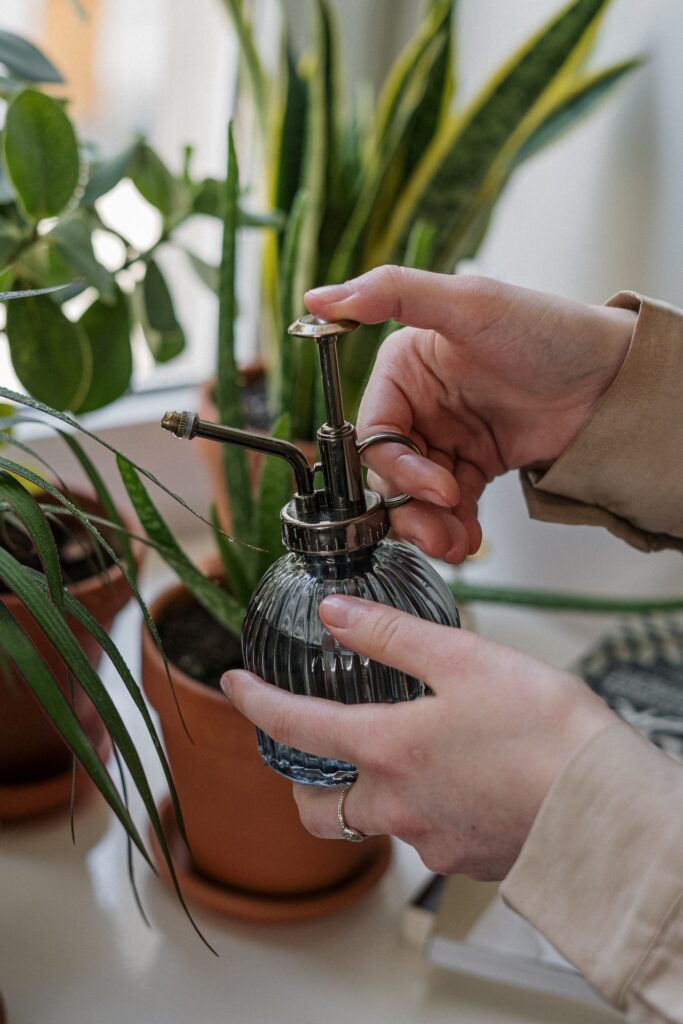
WASH THE PLANTS SHORTLY AFTER PURCHASE
Rinsing plant leaves with warm water shortly after purchase goes a long way to getting rid of plant pests. Following this, experts recommend that you isolate the new plant for a couple of weeks, keeping it away from other houseplants to avoid the potential spread of pests. Once the fortnight is up, it’s safe to introduce your latest plant to its new housemates.
USE CLEAN, PASTEURISED POTS
If you are housing a new plant, you must ensure the space (as in, the plant pot) is clean and ready to receive its new inhabitant. It’s essential you sterilise the pot prior to use, and ideally, use new soil rather than the stuff given to you by the shop, to ensure no interlopers have entered your home uninvited.
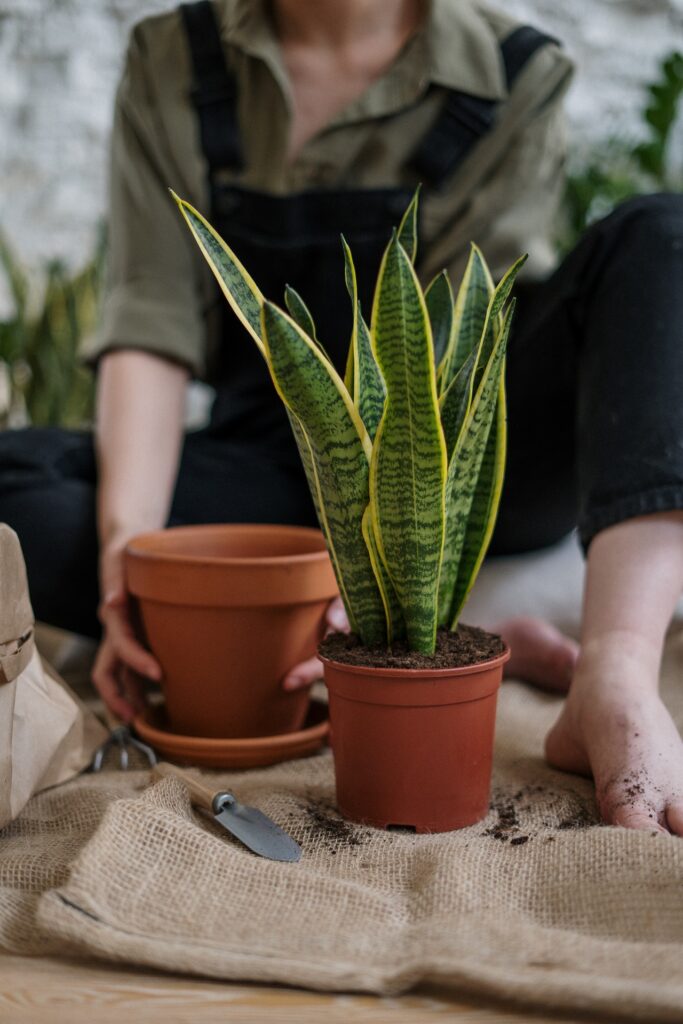
NATURAL SOLUTIONS
The natural world is a wonderful thing, and even in the home, symbiotic relationships can be encouraged between your various houseplants. As such, consider choosing plants that contain properties that repel pests. Plants such as lavender and Mexican marigold, for instance, repel pests and insects, and can kill the nematodes. Check out this extensive list of pest-controlling plants for more.
Drying out the plant’s top two inches of soil can deter adult pests from laying their eggs. If there are lots of adult pests flying around the plant, repot the plant in pest-free soil. You can also add parasitic nematodes, which are small round worms, to the soil. They are harmless to the plant, but feed off the larvae of pests.
You should also take time to prune the dead leaves of your plants, as they provide a home to pests. Be aware that it’s usually the underside of the leaf that harbours plants, so be scrupulous. Prevention is usually better than cure, after all.
Go further in your plant care, and check out our tips on how to keep your houseplants alive for longer.



